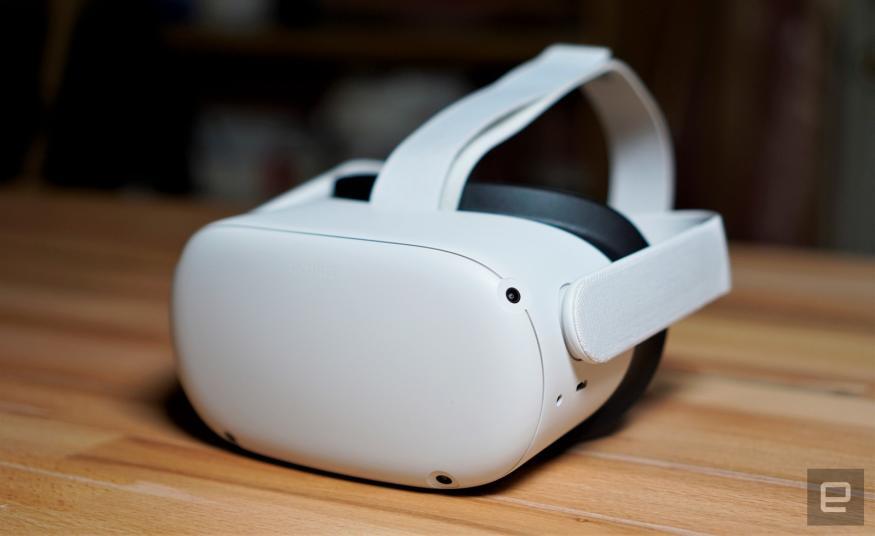
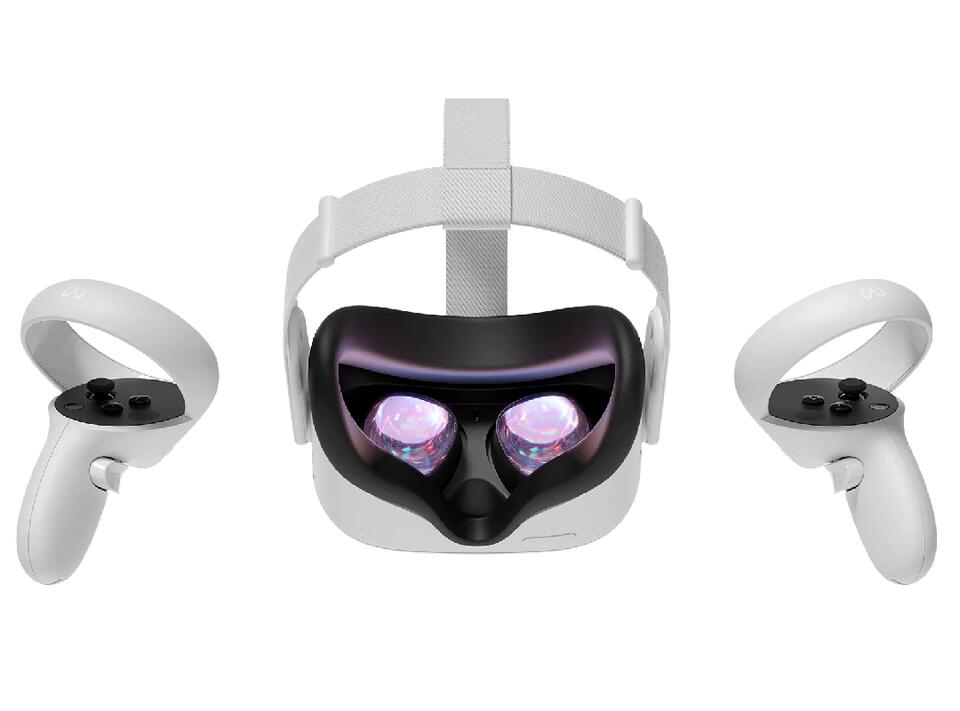
Meta, the parent company of Facebook, announced that it will be reducing the minimum age for its virtual reality headsets, despite opposition from lawmakers. The company plans to allow parents to set up accounts for their children as young as 10 years old on its Quest 2 and Quest 3 headsets. This move raises concerns about the impact of VR on young users’ mental health and the potential for harmful content.
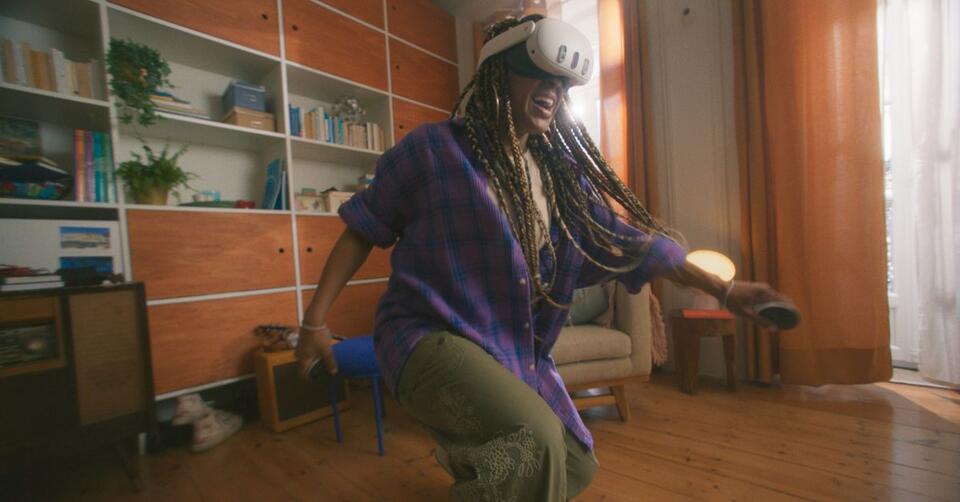
The decision to lower the minimum age comes amid growing scrutiny of social media companies and their impact on young users. The use of VR and the “metaverse” has raised alarms among parents and lawmakers alike. Two Democratic senators, Ed Markey and Richard Blumenthal, urged Meta to suspend its plan to offer Horizon Worlds, its flagship VR app, to teens between the ages of 13 and 17 earlier this year, citing concerns over the technology’s potential to harm young users’ physical and mental health.
Despite opposition, Meta forged ahead with its plan to allow teens as young as 13 to use Horizon Worlds, prompting additional outcry from lawmakers and civil society groups. Parents have reported instances of their children viewing violent and disturbing content in VR, with some struggling to find ways to keep them safe.
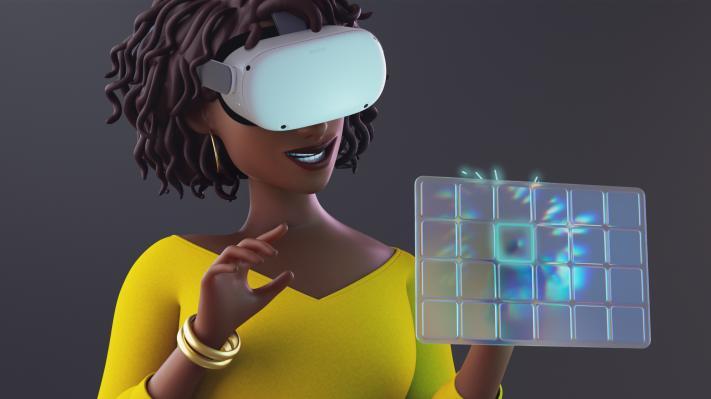
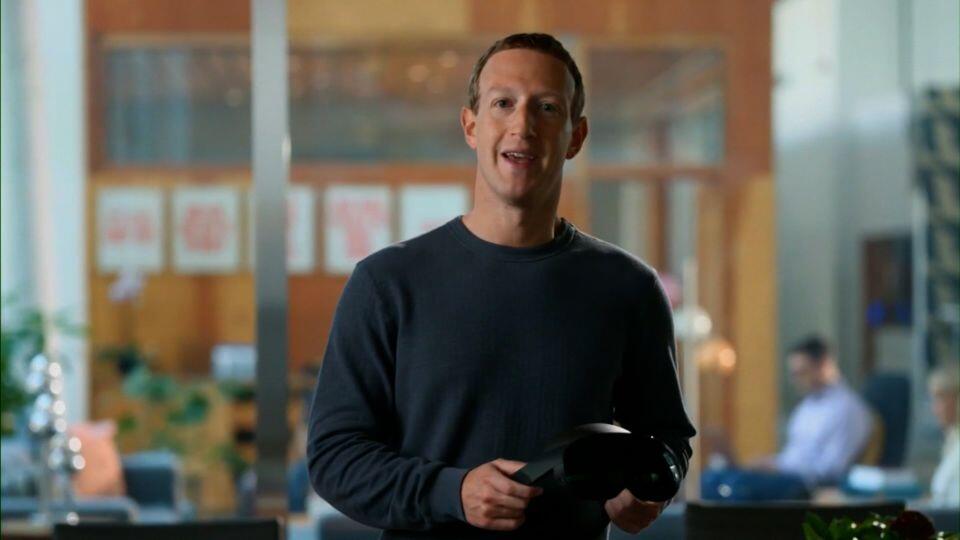
To address some of these concerns, Meta is implementing features that allow parents to set time limits and enforce breaks for preteens on the headsets. The accounts of users under 13 will be set to private and have their active status hidden on apps by default unless parents choose to change those settings. Meta also makes it possible to cast content from its VR headsets to a TV or phone screen, so parents can monitor what their children are viewing.
The company will use children’s ages to “provide age-appropriate experiences” and recommend suitable apps. Meta claims that the majority of apps on their platform are rated for ages 10 and up. The company will not serve ads to users in this age group, and parents can choose whether their child’s data can be used to improve the company’s services.
Despite the company’s efforts to address concerns, many remain skeptical about the impact of VR on young users. The move to lower the minimum age has been met with criticism, with some arguing that the potential risks outweigh the benefits.
Meta’s headset and Horizon Worlds represent CEO Mark Zuckerberg’s vision for a next-generation internet, where users can interact with each other in virtual spaces resembling real life. However, the company has so far struggled to attract a mainstream audience for these products.
In conclusion, Meta’s decision to lower the minimum age for its VR headsets is a controversial move that raises concerns about the impact of VR on young users. While the company has implemented features to address some of these concerns, many remain skeptical about the potential risks. As VR technology continues to evolve, it is important for parents and lawmakers to remain vigilant and ensure that the safety and well-being of young users are protected.